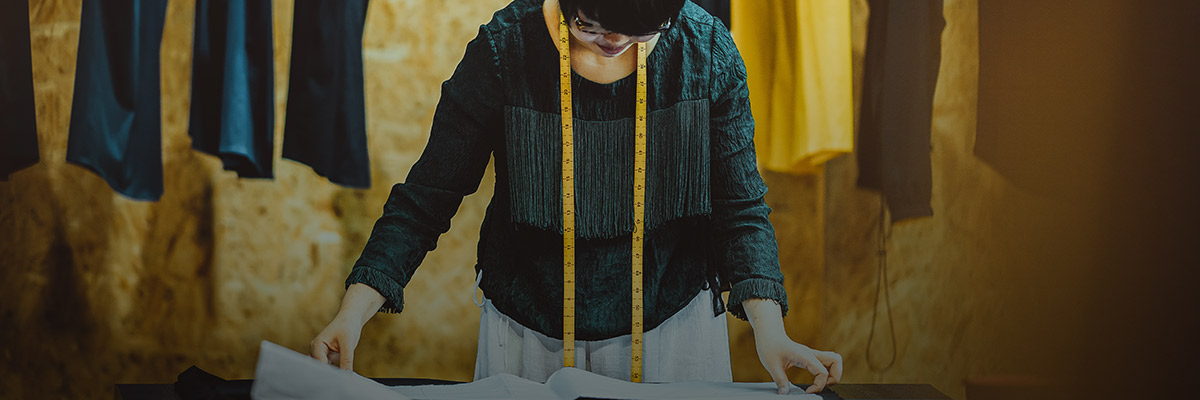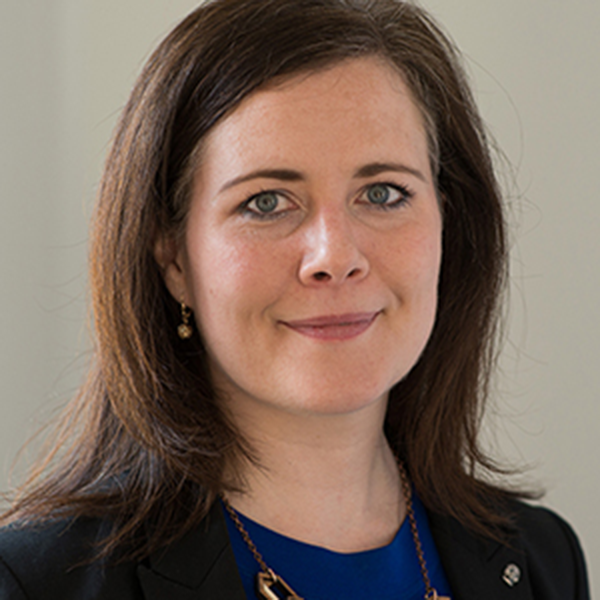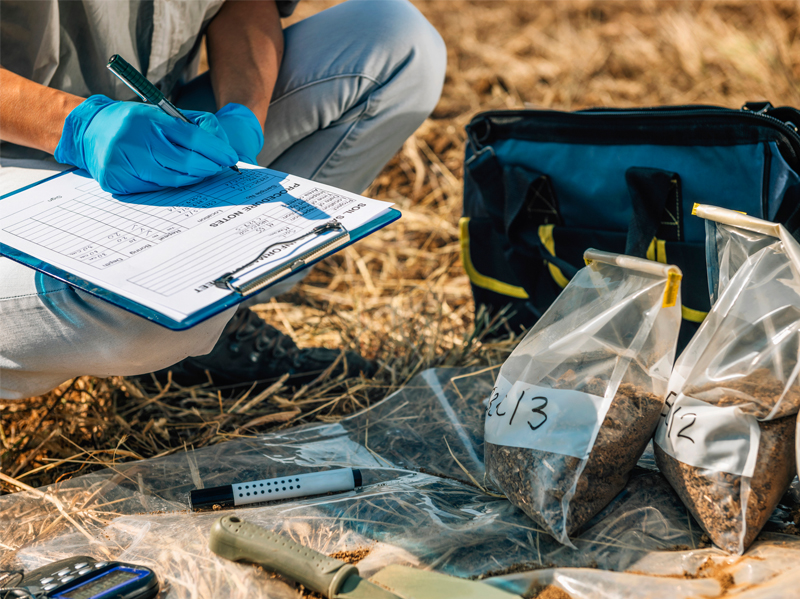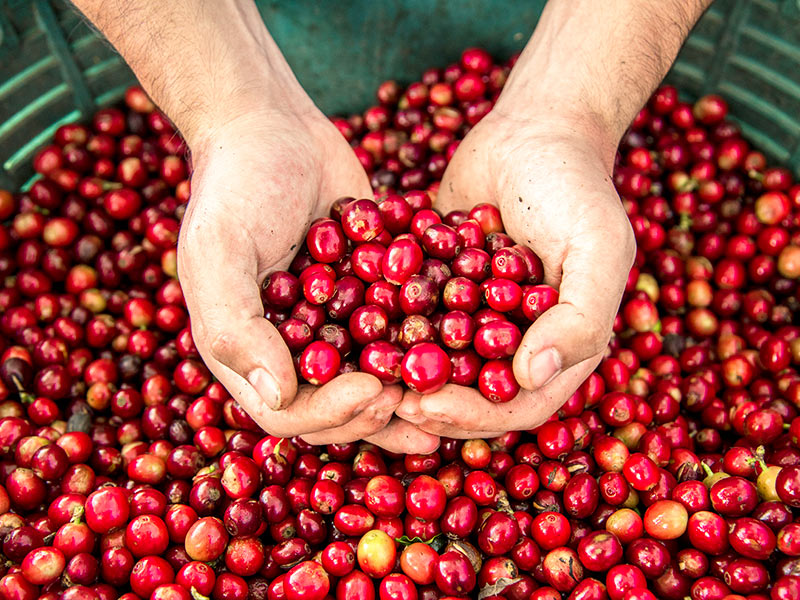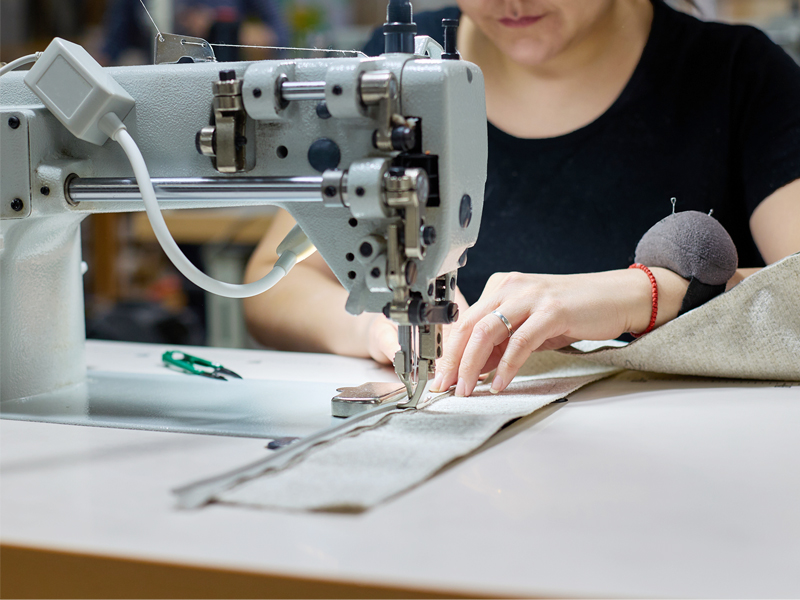The fashion industry has long been called out for its major negative environmental and social impacts. In 2020, the COVID-19 pandemic underscored the instability of global fashion supply chains and the vulnerability of its supply chains workers, adding urgency to the calls for a more sustainable and ethical fashion industry. Even before the pandemic, many fashion companies were looking to circular economy models to reduce risks of business disruption and mitigate negative environmental impacts. However, few circular economy models have considered the potential impacts—both positive and negative—on the 60+ million workers in fashion supply chains or the billions of consumers worldwide.
In partnership with Laudes Foundation, BSR has developed a brief on the potential social impacts of a shift to circular fashion based on BSR’s research and stakeholder engagement. We introduce issues that may arise during the shift to a circular fashion for consumers and workers as well as wider societal concerns. In the brief, we explore the likely differentiated impacts of a transition circular fashion models—first, in the dynamics between production and consumption communities and second, for women and marginalized groups.
The complex disruption by the COVID-19 pandemic presents a unique opportunity to leverage the shift to circularity and address many of the global fashion industry’s persistent and pervasive environmental and social issues. Seizing this opportunity requires us to first understand the impacts of innovation by identifying what those impacts are and who will be impacted. To that end, we propose a set of guiding questions for companies and organizations to think through the social impacts of their shifts to circular economy models on diverse groups and how projects might influence such impacts. We also provide several actions for companies and organizations to inform the design and implementation of circular business models, aiming to avoid and mitigate negative social impacts and more consciously target positive social impacts.
This brief represents an initial exploration of this topic. However, we are keen to receive feedback and learn from others who are working to ensure a shift to circular fashion that delivers benefits across production and consumption communities, aims to redress existing inequalities in the fashion industry, and contributes to a just transition for all to a low-carbon economy. For questions, comments, or to learn more, please reach out to our team at connect@bsr.org.
Download
Let’s talk about how BSR can help you to transform your business and achieve your sustainability goals.
